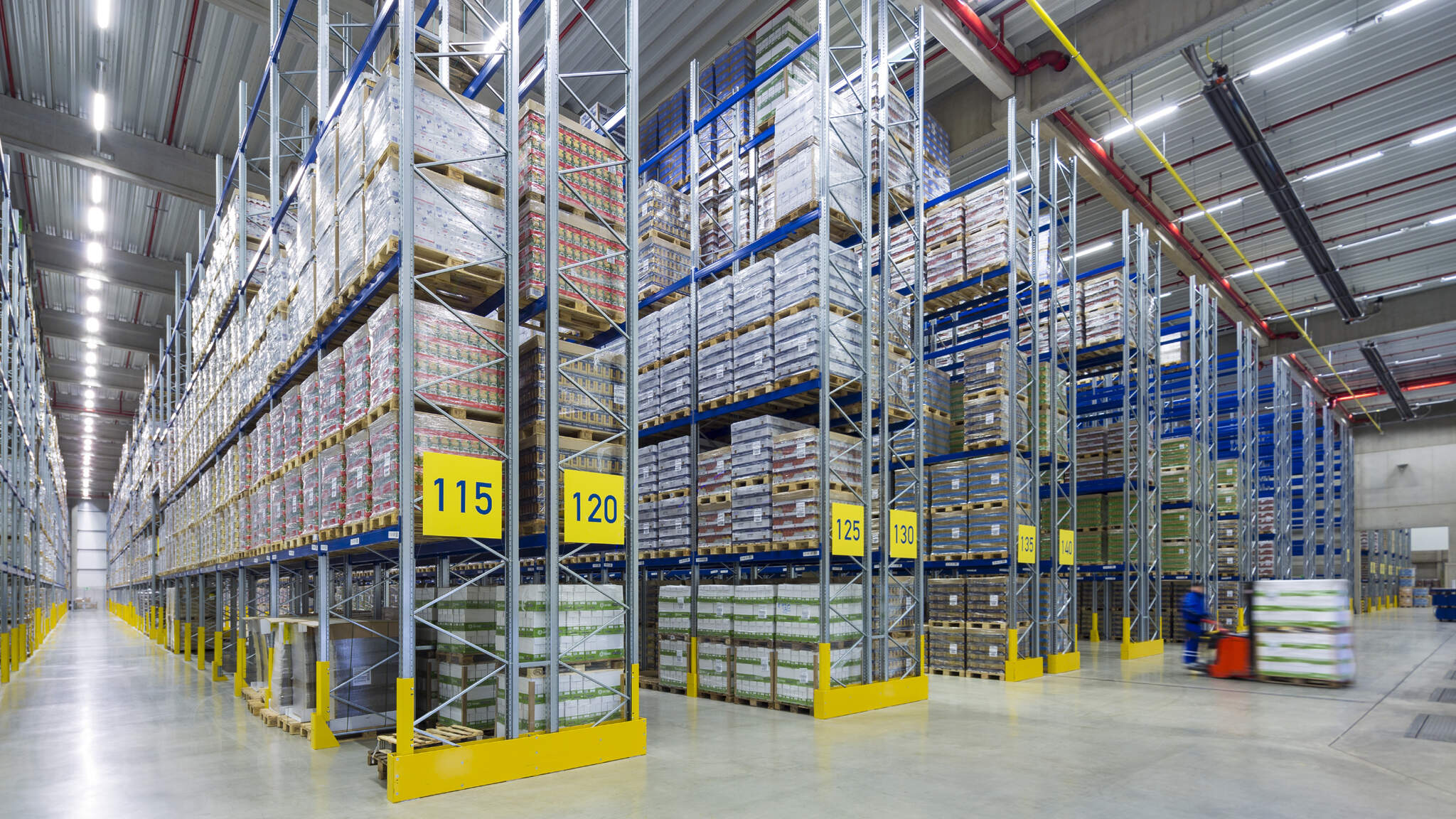12/05/2024
In the ever-evolving landscape of the agricultural sector, agribusinesses frequently grapple with logistics challenges that can hinder operational efficiency and profitability. From unpredictable shipping rates and fluctuating exchange rates to complex import regulations, the challenges mount up. A lack of transparency in logistics processes often leaves clients anxious about the status of their shipments, creating unnecessary pressure and frustrations.
“The right logistics partner is a crucial cog in the success of any agribusiness,” says Detlev Duve, Managing Director of DACHSER South Africa. "As businesses face mounting pressure to optimise costs and ensure compliance, it's essential to partner with a provider that understands the particular complexities of the industry and is well equipped to provide tailored solutions."
According to Duve, essential factors for navigating agricultural logistics successfully include robust project planning and risk management, a strong network, personalised service with teams in the field, detailed tracking and customs expertise. "Potential customers should carefully evaluate how their logistics partners address their pain points. A lack of proactive measures can lead to significant operational disruptions and financial loss."
Strategic solutions for agribusiness
Agribusiness often requires large equipment and machinery to be imported or transported, in cases an entire plant, requiring specialist expertise. When it comes to moving produce, it is vital to maintain product quality and comply with food safety regulations during transit.
DACHSER provides a full suite of supply chain logistics solutions to the agricultural industry. The company frequently handles bulk imports of agricultural implements, equipment, and raw materials from countries like China and Turkey, and exports commodities such as teff and lucerne to other African countries and beyond.
For instance, a milling company that exports processed, fortified maize for the World Food Programme relies on DACHSER's expertise. The maize is warehoused, repacked, and wrapped onto pallets in DACHSER’s food-grade warehouses. “We use our own warehouses in Durban, Cape Town, and Johannesburg, ensuring control and compliance with food safety standards,” says Duve.
Cost-effective and client-focused
DACHSER South Africa's targeted approach to logistics encompasses a range of services, including consolidation, i.e. LCL (Less-than-Container-Load) services via a sea freight gateway in South Africa, and FCL (Full-Container-Load) services. Break bulk seafreight is offered for large plants as needed. Duve explains, “We pride ourselves on building solutions according to customer needs, and finding the most efficient ways of operating. Congestion is a problem at ports, so we try to consolidate shipments and ensure that we have warehousing at strategic points, securing supply chains end to end for customers."
Unlike standard annual rate increases, DACHSER frequently reviews terms and agreements to ensure clients get the best possible pricing. “Matters evolve rapidly in logistics and regular reviews are critical."
Shipping rates have become increasingly volatile, a challenge DACHSER tackles head-on. “Escalating costs and exchange rate fluctuations have exploded the rates per container,” says Duve. “We focus on strong negotiation and direct dealing with suppliers to keep costs to a minimum.”
Project planning and control
Effective project planning is another core strength of DACHSER. From importing entire plants to handling complex equipment projects, DACHSER’s international network ensures optimal control and seamless movement of cargo. “Having so many offices internationally strengthens our network, allowing us to provide the best quotes and a seamless experience for our clients,” says Duve.
Customer service and transparency
As a global business, DACHSER has an extensive network and is well-equipped to handle complex shipments across borders - while at the same time cultivating personal connections through our local team. "Our team of experts understands the intricacies of agricultural supply chains and leverages this knowledge to deliver tailored solutions that meet our clients' needs."
Personalised service is at the heart of DACHSER’s operations. Clients are assured of a single point of contact and have access to senior management, including Managing Director Detlev Duve. Frequent updates on shipments, live tracking, and proactive communication differentiates DACHSER from other logistics providers.
“Not knowing what is happening is a major pain point for clients,” says Duve. “Our sophisticated technology and client information systems enable frequent live updates, making a significant difference in client satisfaction. It brings clients closer to where their products are in the world.”
Based in Bloemfontein, South Africa, DACHSER's decentralized sales executives often visit farms, discussing projects directly with customers. "This personal touch significantly enhances the long-term relationships we cultivate, as we deeply understand that in the agricultural industry, connection and trust are vital."
